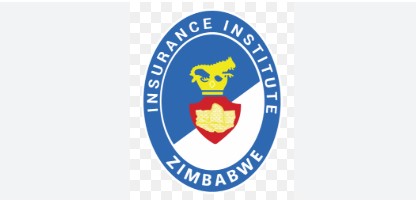
Contribution arrears top $600 million in 2017, Public sector entities constitute bulk of the arrears
Own correspondent
Vic Falls – A significant amount of the contribution arrears to pension funds which are now topping US$600 million are owed by the public sector entities which include local authorities and state owned entities, the Insurance and Pensions Commission (Ipec) has said.
Contribution arrears reached $600 million as at December, 2017 but the regulator said a raft of measures which it is putting in place will certainly bring the number down.
Basically, the trend of increasing contribution arrears has been an off shoot of economic situation in the country which has made it difficult for companies to make pension contributions to various funds.
While the regulator has received complaints from members of pension funds that fail to get benefits from their pensions as a result of non-remittance of contributions by their employers, Ipec Acting commissioner Blesssmore Kazengura told Insurance24 that the
pension sector reform proposals are part of the effort to correct this going into the future.
“The situation of contribution arrears is worse especially in the pension sector. We are looking at about $600 million in
contribution arrears. A significant portion of this amount is owed by the public sector (local authorities and state-owned enterprises).
“Ipec pension sector reform proposals are part of the efforts to correct this going into the future.
Corporate governance issues are also a factor and Ipec is continuously reviewing and encouraging compliance in terms s of corporate governance,” he said.
Ipec is proposing pension reforms as it seeks to come up with an efficient pension system, according to a draft document compiled by the Insurance and Pension Commission.
The reforms are also meant to improve welfare of pensioners, harness long term domestic savings and improve on regulatory framework.
Kazengura added that in terms of corporate governance matters (shareholding structures “fit and proper” tests for directors, international controls issues) were being managed guided by Ipecs’ corporate governance directive.







